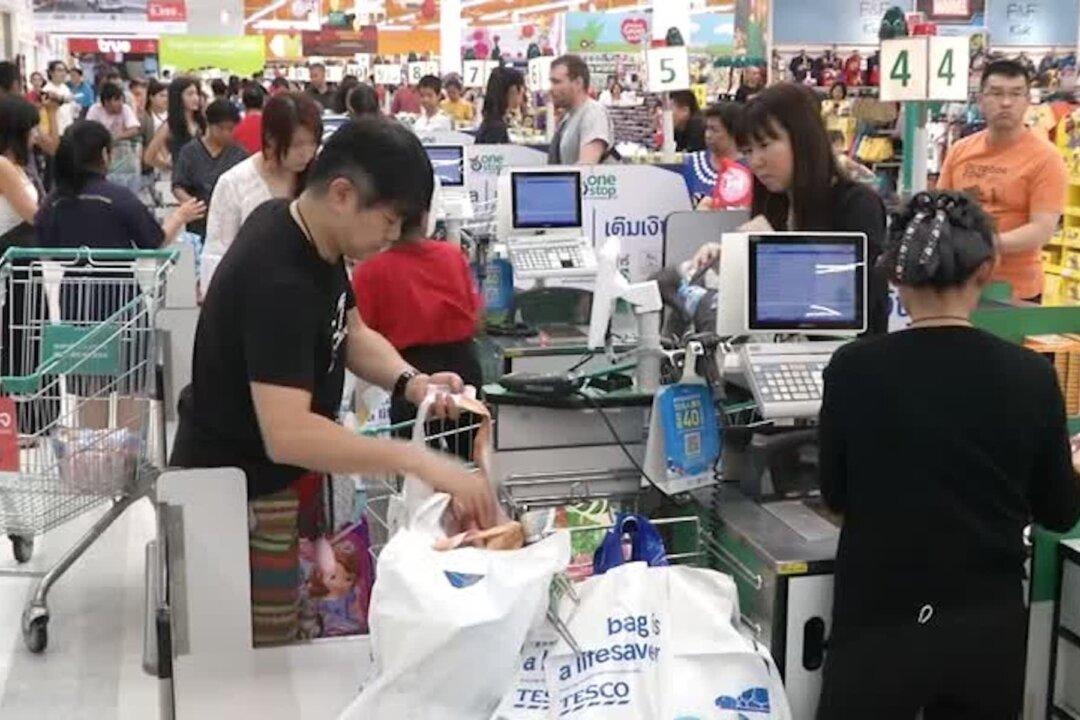Thailand began 2000 with a ban on single-use plastic bags at major stores, continuing a campaign launched by the government and retailers towards a complete ban in 2021 to reduce plastic waste in the sea.
Public awareness of the risk to animals and the environment from such waste was raised last year in a series of incidents where animals including a deer and a baby dugong were found dead with plastics in their digestive systems.





